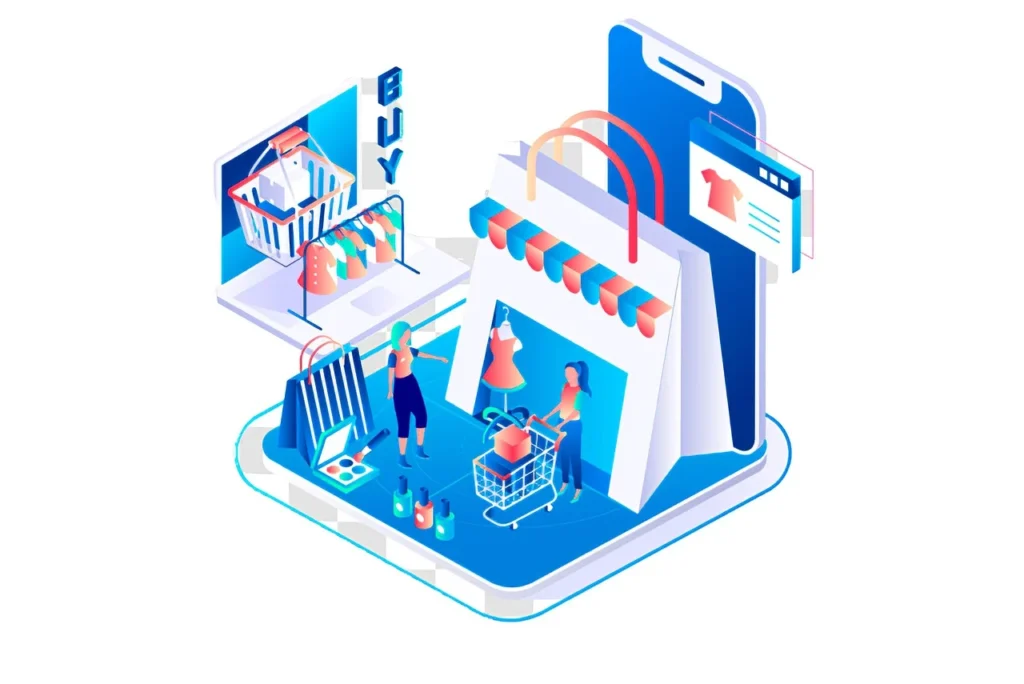The Future of AI in Shopify Businesses

Artificial intelligence (AI) is reshaping the digital marketplace, particularly for Shopify businesses. By automating customer support, delivering personalized shopping experiences, and optimizing operational efficiency, AI offers a competitive edge to businesses navigating the dynamic e-commerce landscape. Companies that effectively leverage AI can reduce costs, save time, and improve customer satisfaction. Here, we explore the transformative […]
The Future of AI in Ecommerce

Future of AI in Ecommerce Artificial Intelligence (AI) continues to revolutionize ecommerce by offering innovative solutions to enhance customer engagement, streamline operations, and boost revenue. As we look to the future, the integration of AI in ecommerce is set to deepen, presenting transformative opportunities for businesses. Let’s explore the predictions and trends that will shape […]

